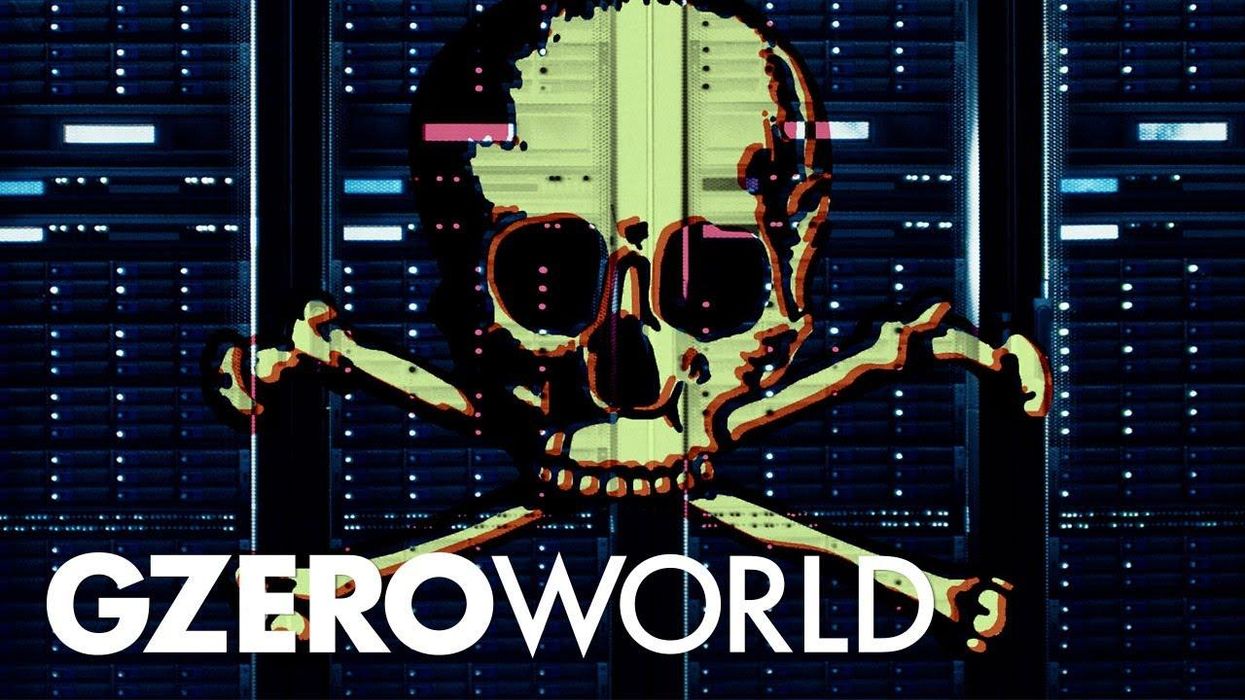GZERO World Clips
Hackers, innovation, malice & cybercrime
In the 1950s, "phreakers" whistled their ways into free long-distance calls. Steve Wozniak then improved on the scam, making enough cash to get Apple started along with Steve Jobs. Many of today's hackers are also bored kids trying to beat the system and make a quick buck in the process. But they can also do more sinister things, Ian Bremmer tells GZERO World.
Aug 28, 2022

